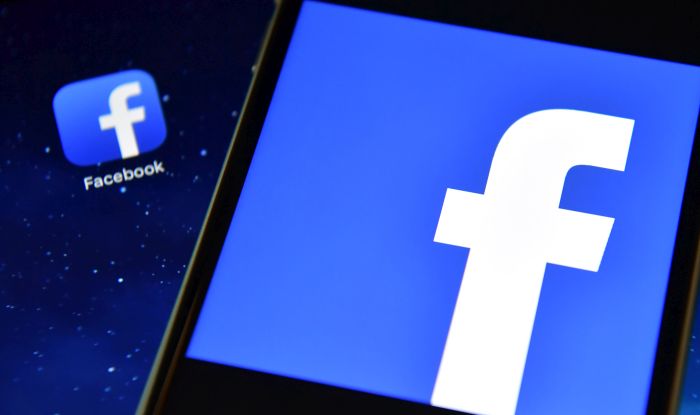New Delhi: In a major development, Facebook on Friday said it has banned hundreds of accounts that shared links with Russian disinformation network that claimed Covid vaccines developed by drugmakers Pfizer and AstraZeneca can turn people into chimpanzees. It must be noted that the network originated in Russia and targeted users primarily in India, Latin America and in the US.
As per reports, Facebook has banned over 300 misinformation accounts over the matter. The reports also claimed that the disinformation network initially posted memes and comments, in November and December 2020, claiming that the AstraZeneca Covid-19 vaccine would turn people into chimpanzees after which it became inactive. However, the network after a gap of five months surfaced again in May 2021 and questioned the safety of the Pfizer vaccine.
“We removed 65 Facebook accounts and 243 Instagram accounts for violating our policy against foreign interference, which is coordinated inauthentic behaviour on behalf of a foreign entity. This network operated across over a dozen platforms and forums but failed to build an audience. Our investigation found links between this campaign and Fazze. Fazze is now banned from our platform,” said Ben Nimmo, Global IO Threat Intelligence Lead, and the IO Threat Intelligence Team at Facebook, in the report.
Moreover, the Facebook investigation team found that the anti-Covid vaccine campaign is linked to Fazze — a subsidiary of a UK-registered marketing firm, whose operations were primarily conducted from Russia, the social media giant stated in its “Coordinated Inauthentic Behaviour Report” released on Tuesday.
“Both phases coincided with periods when a number of governments, including in Latin America, India and the United States, were reportedly discussing the emergency authorizations for these respective vaccines,” Nimmo said.
The Facebook investigation team further discovered that the campaign created misleading articles and petitions on multiple forums including Reddit, Medium, Change[.]org, and Medapply[.]co[.]uk. It then used fake accounts on social media, including Facebook and Instagram, to seed and amplify this off-platform content, using crude spammy tactics.
However, the campaign was aimed at engaging influencers with pre-existing audiences on Instagram, YouTube and TikTok to post content and use particular hashtags without disclosing the origin of the posts.
As per reports, the campaign used fake accounts, some of which Facebook says probably originated from account farms in Bangladesh and Pakistan. The sloppy campaign also mixed languages — such as posting Hindi language memes accompanied by hashtags in Portuguese, it added.
“Our teams continue to focus on finding and removing deceptive campaigns around the world — whether they are foreign or domestic. We know that influence operations will keep evolving in response to our enforcement, and new deceptive behaviours will emerge,” Facebook said in the report.
(With inputs from IANS)
